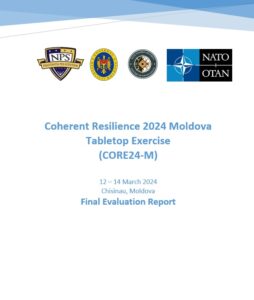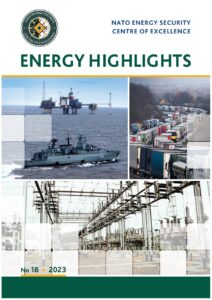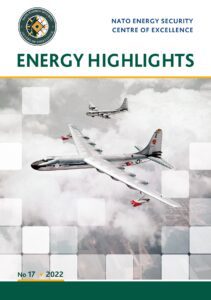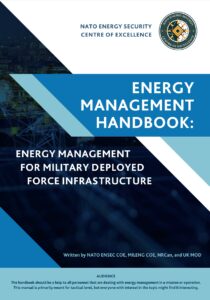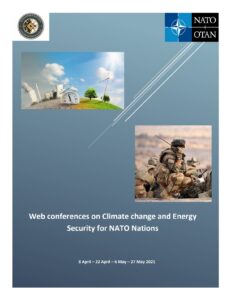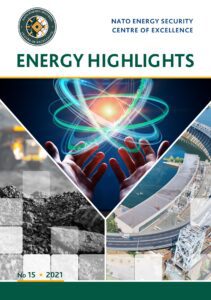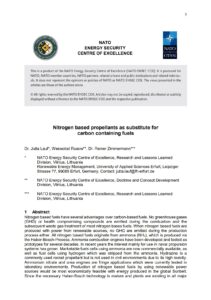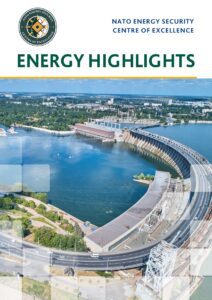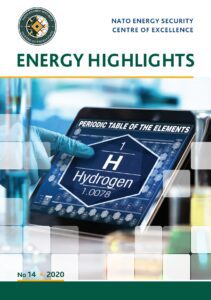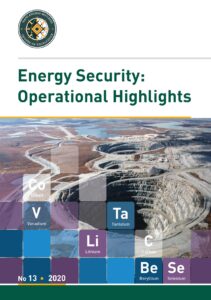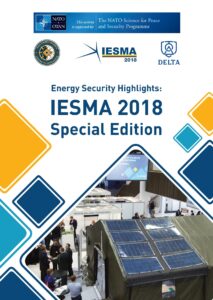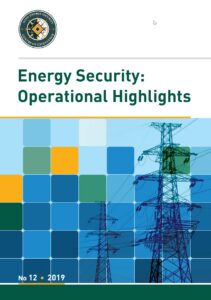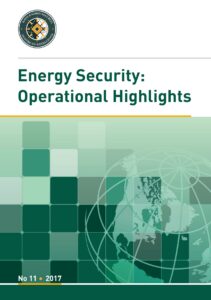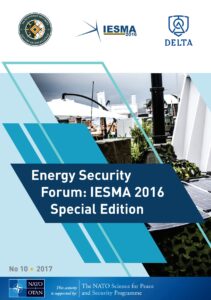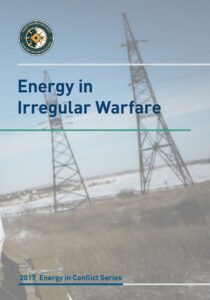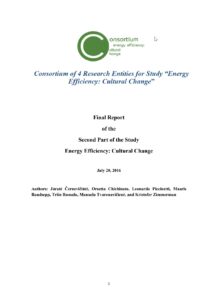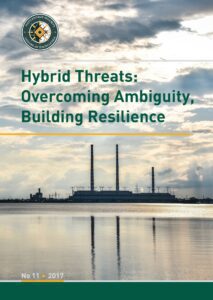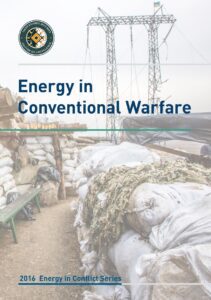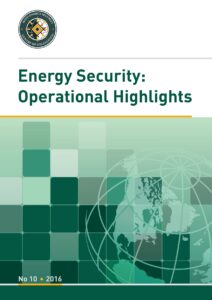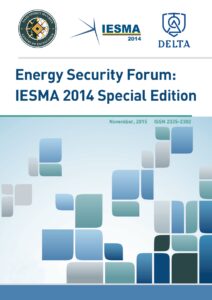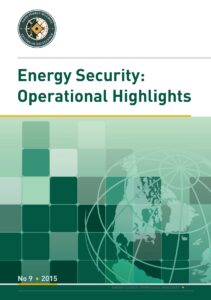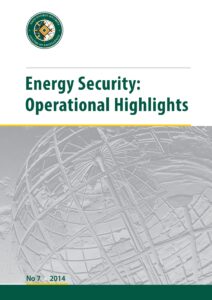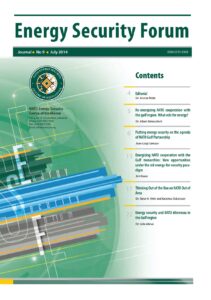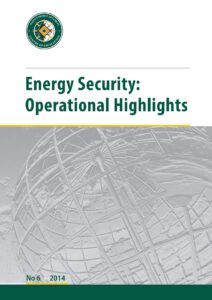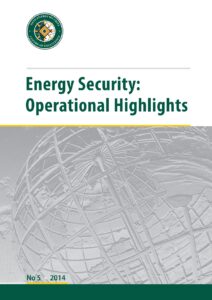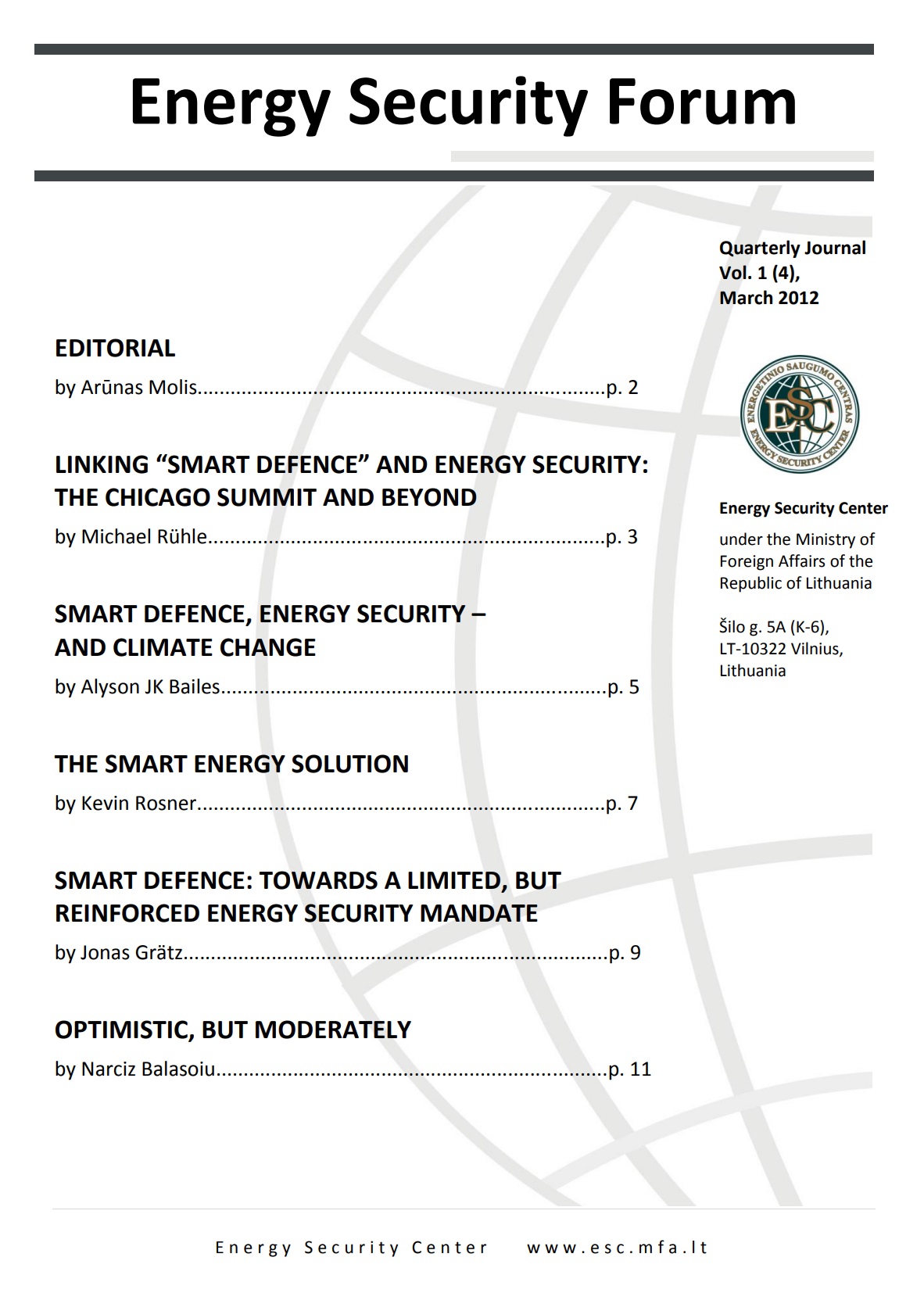
It was at the Munich Security Conference 2011 that NATO Secretary General, Anders Fogh Rasmussen introduced the Smart Defence concept. A year later addressing the Allied Command Transformation Seminar in Washington DC on 12 February, 2012 he said this about Smart Defence: “This is all about creating a new mindset. About better aligning our collective requirements and national priorities. And about focussing our efforts on prioritisation, cooperation, and specialisation. It means setting the priorities. Deciding not just what to cut, but what to keep. And spending resources on what we need to have before spending them on what would be nice to have”.
There is no doubt that the current financial crisis followed by the inevitable austerity measures and coupled with the ever broadening spectrum of common security threats provide NATO Nations with a solid reason to continue ensuring their security with more collaboration, better spending, enforced prioritization, effective specialization and fewer unilateral decisions. The objective of such an approach to collective defence is to develop, deliver, and deploy capabilities through the collective efforts of a number of NATO Nations. This will most likely result in easing the burden of Allies to build the necessary capabilities of their own and reducing the overall expenditure to do the job.
Lithuanian civilian and military authority supports the proposal to apply the “smart defence” concept when addressing capability gaps in logistics, training, sharing of existing equipment, etc. At the same time Lithuania holds the view that political decisions on the “smart defence” initiative should include a strong commitment to work jointly on the operational energy security matters, such as improvement of energy efficiency and wider use of alternative energy sources during missions and operations, on the protection of critical energy infrastructure and on improving cooperation among national, EU, NATO and other bodies responsible for energy security. In this context, Energy Security Forum has asked five distinguished scholars to debate this approach and offer the Reader their views and arguments.
LINKING “SMART DEFENCE” AND ENERGY SECURITY: THE CHICAGO SUMMIT AND BEYOND
by Michael Rühle
SMART DEFENCE, ENERGY SECURITY – AND CLIMATE CHANGE
by Alyson JK Bailes
THE SMART ENERGY SOLUTION
by Kevin Rosner
SMART DEFENCE: TOWARDS A LIMITED, BUT REINFORCED ENERGY SECURITY MANDATE
by Jonas Grätz
OPTIMISTIC, BUT MODERATELY
by Narciz Balasoiu


